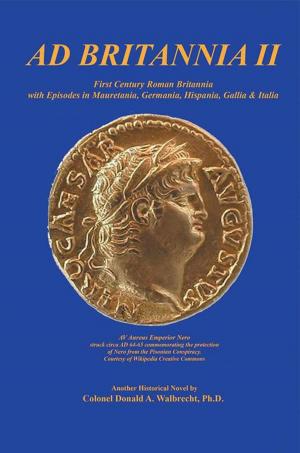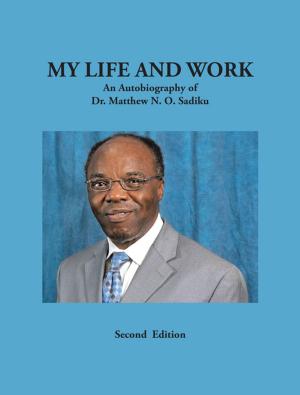| Author: | Satyapal Anand | ISBN: | 9781466910058 |
| Publisher: | Trafford Publishing | Publication: | January 9, 2012 |
| Imprint: | Trafford Publishing | Language: | English |
| Author: | Satyapal Anand |
| ISBN: | 9781466910058 |
| Publisher: | Trafford Publishing |
| Publication: | January 9, 2012 |
| Imprint: | Trafford Publishing |
| Language: | English |
A compendium of seventy poems, this book is the fifth in a series of poetry books published by Satyapal Anand. His poetry, it has been said, is more cerebral than emotional. His poems reveal many splendored splashes of color and sound. The essential mythological self of humanity as a whole sparkles in these poems. His personae are all inside his poems. Here and now and there and then combine to create the timelessness of human psyche. There is a kind of double vision, the imagists faculty for seeing a thing at once precisely for itself and also as a part of the bigger phenomenon. In the form of a dramatic monologue, the speaker and his speech reflect the time, place, thought, social conventions, and general circumstances. Of the seventy poems, there are twelve poems directly translated from Urdu. Calling Anands poetry as fresh breeze, the noted critic Caroline Greene says that nothing extraordinary has happened in American poetry in the past half a century, and if an Urdu poet of the stature of Satyapal Anand has brought his treasure house to us, it is likely to change the scenario here.
A compendium of seventy poems, this book is the fifth in a series of poetry books published by Satyapal Anand. His poetry, it has been said, is more cerebral than emotional. His poems reveal many splendored splashes of color and sound. The essential mythological self of humanity as a whole sparkles in these poems. His personae are all inside his poems. Here and now and there and then combine to create the timelessness of human psyche. There is a kind of double vision, the imagists faculty for seeing a thing at once precisely for itself and also as a part of the bigger phenomenon. In the form of a dramatic monologue, the speaker and his speech reflect the time, place, thought, social conventions, and general circumstances. Of the seventy poems, there are twelve poems directly translated from Urdu. Calling Anands poetry as fresh breeze, the noted critic Caroline Greene says that nothing extraordinary has happened in American poetry in the past half a century, and if an Urdu poet of the stature of Satyapal Anand has brought his treasure house to us, it is likely to change the scenario here.















